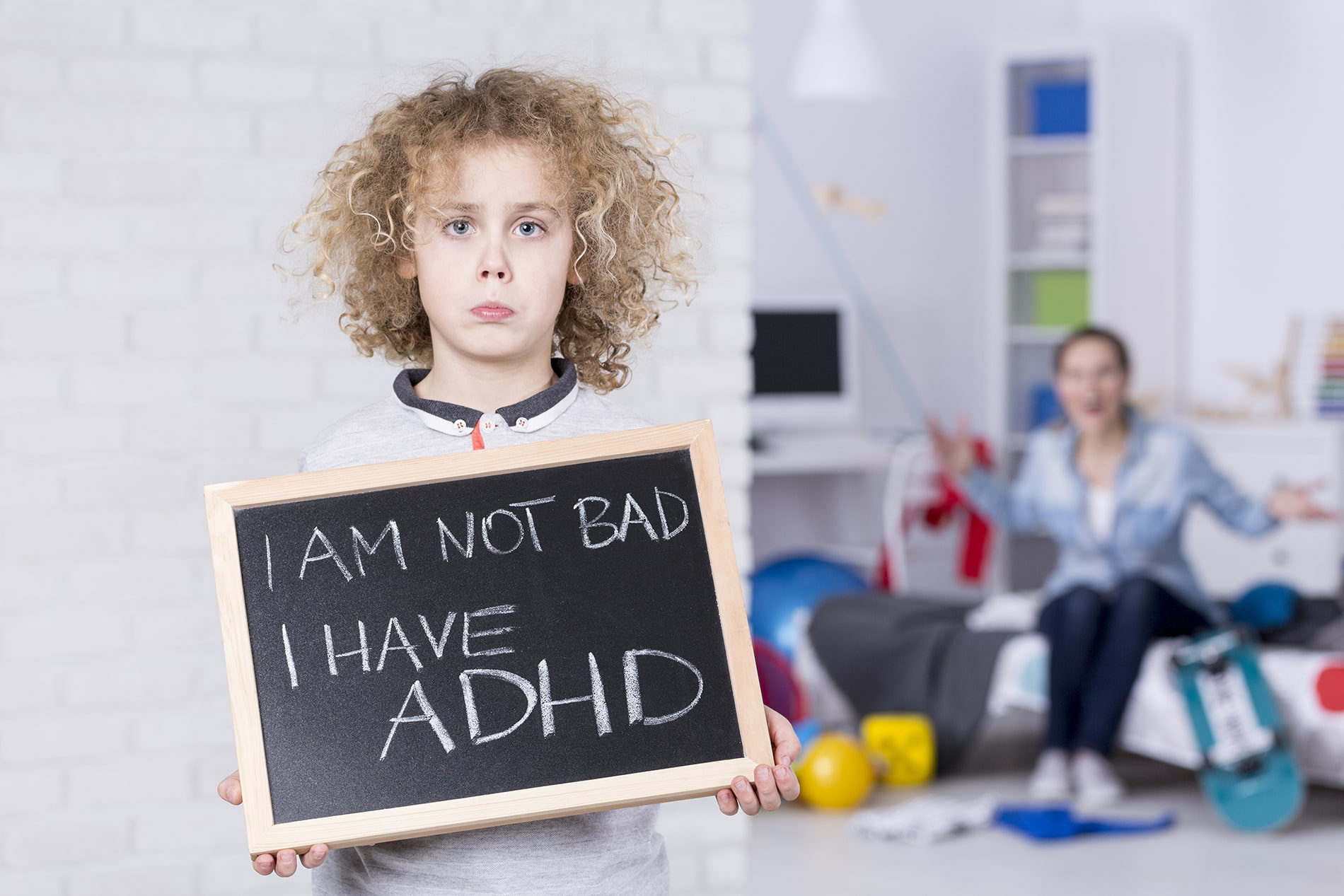ADHD and ADD
What is Attention Deficit Disorder (ADD) and Attention Deficit Hyperactivity Disorder (ADHD)?
ADD/ADHD are two similar conditions where individuals, regardless of age, displays specific behaviors over a period of time. These conditions have been around for over a hundred years, and they affect over 8 percent of the population. In fact, the U.S. ranks third in cases of ADD/ADHD worldwide, with males 3 times more likely to be diagnosed than females.
The most common behaviors are:
- Distractibility (inadequate sustained attention to tasks)
- Impulsivity (poor impulse control and patience)
- Hyperactivity >(overactivity and physical restlessness)
What Causes ADD/ADHD?
Factors that affect certain parts of the brain are likely to cause ADD/ADHD. For example, lower levels of activity in some parts of the brain can cause particular symptoms. Additionally, genetics, maternal alcohol or drug use, and birth trauma can play a role in symptoms. Though all of these things can play a part, the current increase in this disorder is likely due to poor environmental factors in our world today that affect brain function, including:
- Limited physical activity
- The use of too many electronics
- A diet high in processed foods
- Exposure to environmental toxins
How is ADD/ADHD Diagnosed?
Neurological Evaluation
Medical History
First, a complete medical history is needed, including illnesses, injuries or infections, and developmental milestones, such as when you started walking, talking, and being social. Next, any history of trauma will be needed, along with information about alcohol, medication, and recreational drug use. The neurologist will then gather basic information about hearing, vision, sleeping, work- or school-related relationships.
Cranial Nerves
Next is a test of the cranial nerves. This test gives the doctor information about how well the brain is functioning. There are 12 cranial nerves, and they control skills like vision, taste, facial expressions, chewing, swallowing, balance, and the ability to speak. So, they will ask you to smile, follow the doctor’s finger with your eyes, or listen for specific sounds during this part of the exam.
Motor Function
Then parts of motor function will be looked at, including walking, the ability to stand on one foot, blinking, mouth movements, and eye-hand coordination. In addition, the evaluator may request specific diagnostic tests to determine the nature of the suspected brain injury. He or she may also refer you to a neuropsychologist to evaluate your current level of skill.
Dr. Jorge Gonzalez, M.D., is our Behavioral Neurologist on Dr. Diane®‘s Brain Health Team.
Neuropsychological Testing
A Neuropsychologist conducts this testing and specializes in emotional, behavioral, and cognitive problems. It includes a careful review of medical history, followed by a series of tests that measure many things, including cognitive skills, aspects of personality, and everyday social behavior. A thorough exam like this can take between six and eight hours.
Some common tests:
Intelligence Tests measure verbal and nonverbal skills, abstract reasoning, and general intelligence.
Sensory Perceptual Function Tests look at ones ability to recognize sensory information.
Academic Skills Tests rate primary academic skills and reading.
Language Skills Tests measure how well one understands and uses language.
Non-Verbal Reasoning Tests rate the ability to start, shift, and old thought patterns.
Visual Perception Skills Tests view the ability to understand visual cues.
Memory Tests look at verbal and non-verbal memory skills.
Personality Tests find personality issues related to depression and anxiety.
Neurodiagnostic Testing
There are two parts to evaluating the brain: looking at its structure and how it is functioning. For example, tests that assess the structure of the brain; look at the location of injuries. Tests of function give information on how well the brain can perform any given task. Listed below are some of the tests most often used with ADD/ADHD patients.
*For more in-depth information speak with your Physician or Neurologist about the diagnostic method best suited to your needs.
SPECT Scan
This scan produces a 3D image of the brain, like the PET scan, but is not as precise or affordable. The SPECT scan gives information about problems and circulation issues within the brain. Together with the above testing, this scan evaluates people thought to have ADD/ADHD.
qEEG Scan
A computerized EEG is a scan that can find the brain’s level of function between the brain’s network hubs. First, the scan records brain waves into a computer. Second, the computer tech measures the time between nerve impulses and the time it takes for signals to go from one part of the brain to another. A specialist can often diagnose symptoms by comparing this information.
One exciting use of qEEG data is the Loreta program, which turns the data into an in-depth brain image that shows problem areas. For example, this image can show damage from tearing and the changes in brain rhythm that do not show up on an x-ray or a standard MRI. The test takes about two hours and is painless.
How Can Dr. Diane Help?
No matter where you live in the world, Dr. Diane and the Brain Health Experts can provide treatment or find a professional near you that can help. Together, Dr. Diane® and her Brain Health Team find what kind of treatment is right for you. Using the 5 Prong Approach, they look at a person’s physical, psychological, emotional, spiritual, and energy parts. We must consider all these aspects of a person to find the core issue. These core issues and our treatment methods build your treatment program. These methods are chosen to meet your specific needs as you cope with ADD/ADHD.



